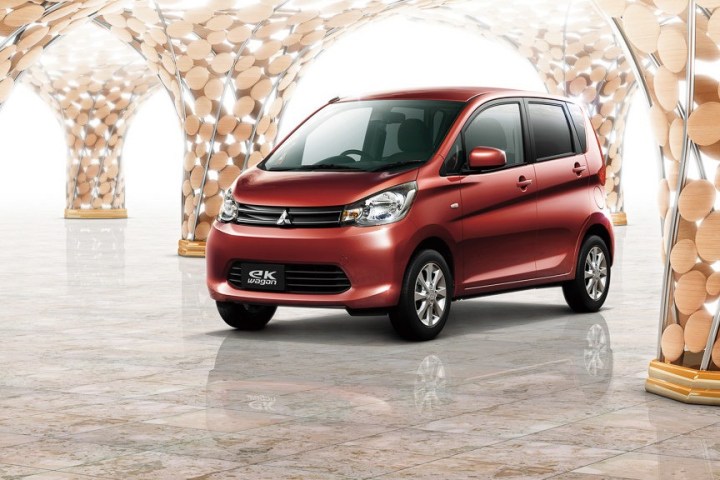
That’s when the Japanese government issued rules for a “coasting test” to determine the air resistance of a vehicle. This is important because fuel economy testing takes place in a laboratory, with cars strapped to a device called a dynamometer that allows them to drive in place. A calculated figure for air resistance has to be factored back in, and Mitsubishi now says it used an alternate method to determine that figure rather than the one called for in the rules.
A “high-speed coasting test” was developed that ultimately led to higher fuel economy results than the government-mandated method, a Mitsubishi statement said. The company notes that a January 2001 comparison of the two methods found that the difference never exceeded 2.3 percent. But the overstatement in fuel economy has been reported to be as much as 5 to 10 percent.
The “high-speed coasting test” was used until February 2007, when Mitsubishi began instructing employees to use the government-sanctioned method. Yet employees continued to use the illegal testing procedure anyway, the company says. Car companies routinely conduct their own fuel economy tests, as government agencies in most countries don’t have the funding to test every new car themselves.
Fuel-economy discrepancies were ultimately discovered by Nissan, which sold 468,000 of the cars implicated in the current scandal under its own brand name. The models affected include the Mitsubishi eK Wagon and eK Space, and the Nissan Dayz and Dayz Roox. All are tiny “kei” cars designed specifically for the Japanese market. No cars sold in the U.S. have been implicated so far.
Mitsubishi executives can already feel the screws tightening. Its share price fell 15 percent shortly after the the company revealed its deception, and Japanese orders have now reportedly been halved. The National Highway Traffic Safety Administration (NHTSA) also requested information on Mitsubishi’s U.S. models last week.


